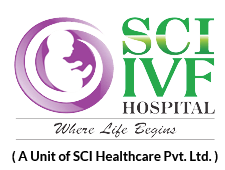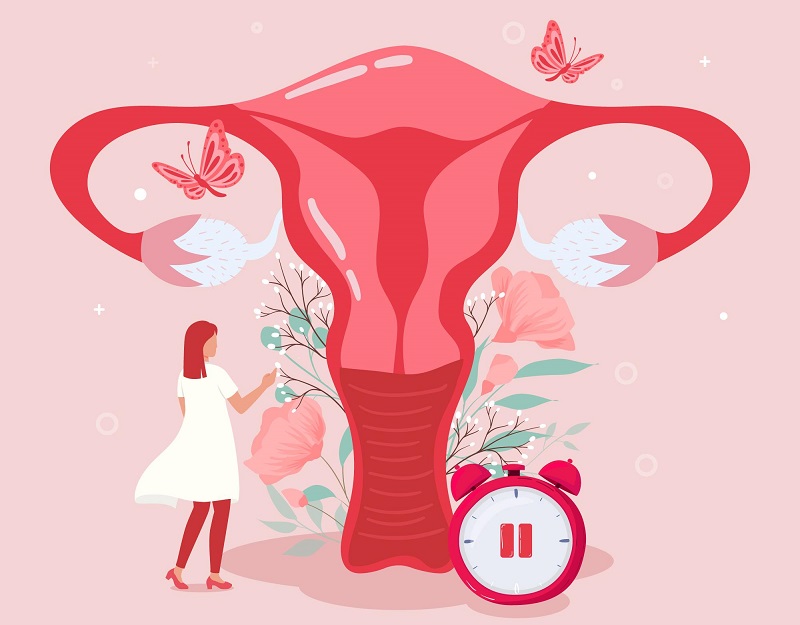When it comes to trying to conceive, many couples face challenges that can make the process difficult. One of the most common issues women faces is ovulatory dysfunction, which can significantly impact fertility. However, with the right diagnosis and treatment, ovulatory dysfunction can be successfully managed, and couples can achieve their dream of having a child.
Dr. Shivani Sachdev Gour, a renowned infertility specialist and founder of SCI IVF Hospital, is a leading expert in the field of reproductive medicine. With over 19 years of experience, she has helped thousands of couples overcome ovulatory dysfunction and other fertility issues. In this article, we will explore the signs and symptoms of ovulatory dysfunction, as well as the various treatment options available.
Signs and Symptoms of Ovulatory Dysfunction
Ovulatory dysfunction occurs when a woman’s ovulation cycle is disrupted or irregular. As a result, the ovaries may not release an egg every month, making it difficult to conceive. The following are some of the common signs and symptoms of ovulatory dysfunction:
- Irregular menstrual cycles
- Heavy or light menstrual bleeding
- Absence of menstrual periods
- Painful periods
- Changes in cervical mucus
- Difficulty conceiving
It’s important to note that not all women with ovulatory dysfunction experience these symptoms. In some cases, women may not even realize that they have an ovulation issue until they start trying to conceive.
Treatment Options for Ovulatory Dysfunction
The treatment options for ovulatory dysfunction will depend on the underlying cause of the issue. Dr Shivani Sachdev Gour and her team of experts at SCI IVF Hospital offer a wide range of treatment options, including:
- Medications – Oral or injectable medications can help regulate the menstrual cycle and promote ovulation.
- Surgery – In some cases, surgery may be necessary to correct structural issues that are preventing ovulation.
- Intrauterine Insemination (IUI) – This procedure involves inserting sperm directly into the uterus to increase the chances of fertilization.
- In Vitro Fertilization (IVF) – This procedure involves retrieving eggs from the ovaries and fertilizing them with sperm in a laboratory. The resulting embryos are then transferred to the uterus.
- Donor Egg or Sperm – For couples who are unable to conceive using their own eggs or sperm, donor eggs or sperm can be used in conjunction with IVF.
Conclusion
Ovulatory dysfunction can be a challenging issue to face, but with the right diagnosis and treatment, couples can overcome this obstacle and achieve their dream of having a child. Dr. Shivani Sachdev Gour and her team at SCI IVF Hospital are dedicated to providing the highest level of care and support to couples struggling with infertility. If you are experiencing any of the symptoms of ovulatory dysfunction, it’s important to seek the guidance of a qualified fertility specialist to explore your treatment options.

